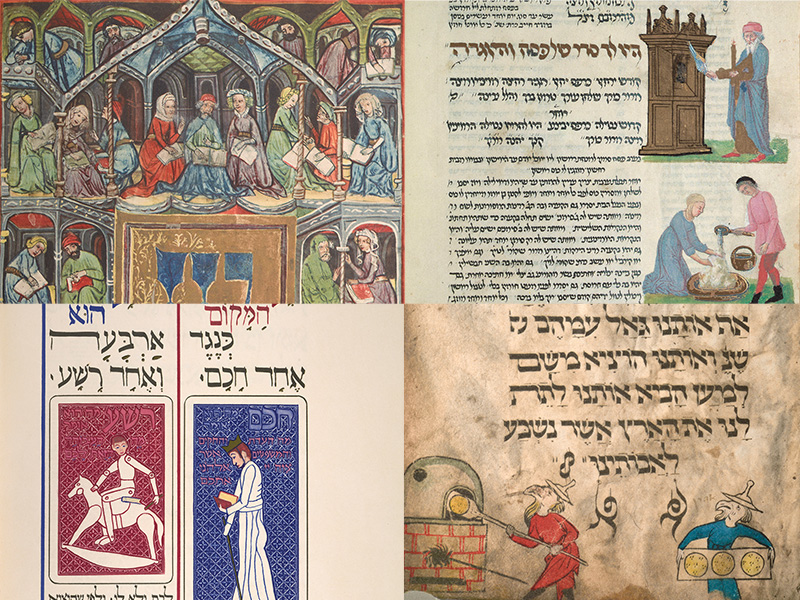Book
Bit for WTBF-AM/FM in Troy, Ala. For April 16, 2019
WTBF FM 94.7, AM 970 and FM 96.3 of Southeast Alabama will run the attached as audio this holiday weekend – this is part of the program “On the BookShelf.”
A
book for reflection for the Festival of Passover:
“Mensch Marks: Life Lessons of a Human Rabbi” by
Joshua Hammerman (HCI)
The author ,a rabbi of three decades, suggests that
the word “mensch” is a Yiddish word
that needs adding to the American lexicon. A mensch is someone who is righteous, decent and morally mature. It
is a journey of faith and civility. For Jews, there is no greater honor than
being called a mensch, and it’s a
really wonderful way to recognize someone who has been growing as a human
being. I think it’s a terrific idea.
“Mensch Marks” represent his personal Torah scroll,
the sacred text of his experiences, the life lessons he has learned along his
winding, circuitous journey. He uses the template of 42 steps, the number that
Israel wandered in the Wilderness, and creates 42 essays organized into
categories of character (Mensch marks) as stepping stones toward spiritual
formation.
This is not strictly a religious book, but like in
the Book of Esther God’s fingerprints are all over it. There are lots of very
funny incidents from his career, but they also lead us to a deeper awareness of
our own brokenness and of God’s incredible love for His people. Rabbi Joshua
Hammerman reflects on the life and career of his father, also a rabbi, who died
suddenly at age 60. His essays “cover crucial moments of failure and
forgiveness, loving and letting go, finding deeper meaning in one’s work, and
holiness in the seemingly inconsequential moments of everyday life.” In the segment on “The Nobility of Normalcy”,
he writes, “Everyday holiness leads to a life of enchantment and purpose.” He
reflects on lovingly caring for his brother Mark, who is “intellectually
challenged”. He sees the gentle, subtle hand of God in the childhood wisdom of
Winnie the Pooh. Like him, I prefer a life of busyness to a life whose time is
wasted doing nothing of significance.
As someone who has served as a bi-vocational
Methodist pastor for almost 30 years, I found it powerful that our experiences
have so much in common. Rabbi Joshua Hammerman’s descriptions of being humbled
by his calling, his struggles to serve his congregation while not giving his
family short-shrift, and his delight at seeing the Hand of God in nature and in
occasional moments of human interaction, touched me deeply. I could really
identify with Rabbi Joshua’s description of dashing back and forth between the
ER rooms of a congregant and of his young son, desperately trying to bring the
peace of the Almighty to both patients.
I wish we were neighbors. I’d like to think that we
would be friends. And my new goal is to be the kind of person who deserves to
be called a mensch, not so I could
wear it like an accolade (hey! The Christian guy wants to appropriate a Jewish
honor!) but to see it as a challenge, like being an Eagle Scout. It doesn’t
stop with achieving the rank; getting it pushes you to live in such a way that
you honor the rank by living its deepest truths. May it be truly said of each
of us, if we seek to live in peace with God and each other. May you be a
blessing to others this Passover.



